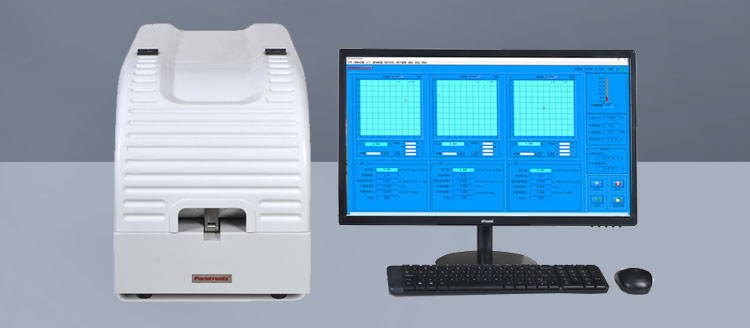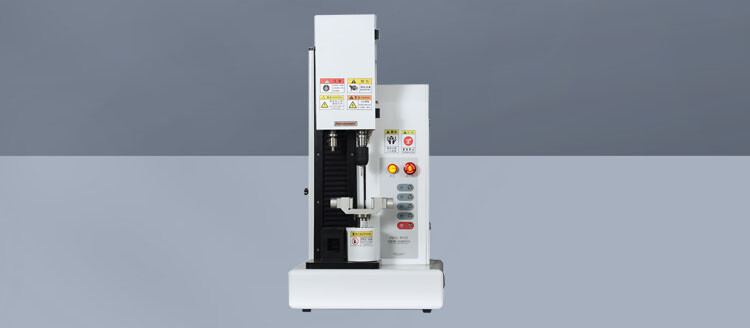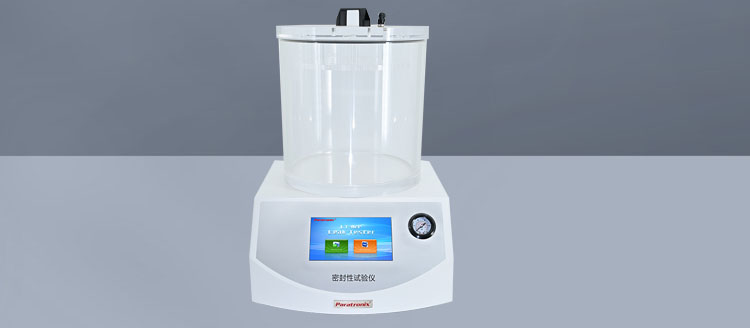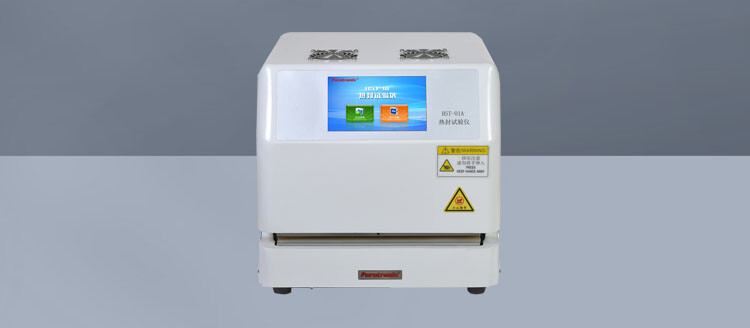Recent Posts
![Oxygen barrier performance test of medical plastic ampoule bottles Oxygen barrier performance test of medical plastic ampoule bottles]() Oxygen barrier performance test of medical plastic ampoule bottles2026-02-09
Oxygen barrier performance test of medical plastic ampoule bottles2026-02-09![ASTM F543-17 Standard Specification and Test Methods for Metallic Medical Bone Screws ASTM F543-17 Standard Specification and Test Methods for Metallic Medical Bone Screws]() ASTM F543-17 Standard Specification and Test Methods for Metallic Medical Bone Screws2026-01-22
ASTM F543-17 Standard Specification and Test Methods for Metallic Medical Bone Screws2026-01-22![Test method for peel strength of medical infusion patches Test method for peel strength of medical infusion patches]() Test method for peel strength of medical infusion patches2026-01-20
Test method for peel strength of medical infusion patches2026-01-20![Sealing testing scheme for eye drops Sealing testing scheme for eye drops]() Sealing testing scheme for eye drops2026-01-14
Sealing testing scheme for eye drops2026-01-14![ASTM F2029-08: Standard Practices for Making Heatseals for Determination of Heatsealability of Flexible Webs as Measured by Seal Strength ASTM F2029-08: Standard Practices for Making Heatseals for Determination of Heatsealability of Flexible Webs as Measured by Seal Strength]() ASTM F2029-08: Standard Practices for Making Heatseals for Determination of Heatsealability of Flexible Webs as Measured by Seal Strength2026-01-06
ASTM F2029-08: Standard Practices for Making Heatseals for Determination of Heatsealability of Flexible Webs as Measured by Seal Strength2026-01-06
Introduction
ASTM D374 is a widely recognized standard developed by the American Society for Testing and Materials (ASTM) that
provides test methods for measuring the thickness of solid electrical insulation materials. This standard is essential
for manufacturers, engineers, and quality control professionals working with insulating materials in electrical and
electronic applications. Accurate thickness measurement ensures that insulation meets performance, safety, and
reliability requirements.
Scope and Significance
ASTM D374 covers procedures for determining the thickness of various solid electrical insulating materials, including
films, sheets, laminates, and molded products. The standard outlines different measurement techniques, such as
manual micrometer methods and automated systems, ensuring consistency across industries.
The thickness of insulation is a critical parameter because it directly affects:
Dielectric strength – Thicker insulation generally withstands higher voltages.
Mechanical durability – Proper thickness ensures resistance to wear, puncture, and environmental factors.
Thermal performance – Insulation thickness impacts heat dissipation and thermal stability.
Test Methods in ASTM D374
Testing instruments:PTT-03 Thickness Tester
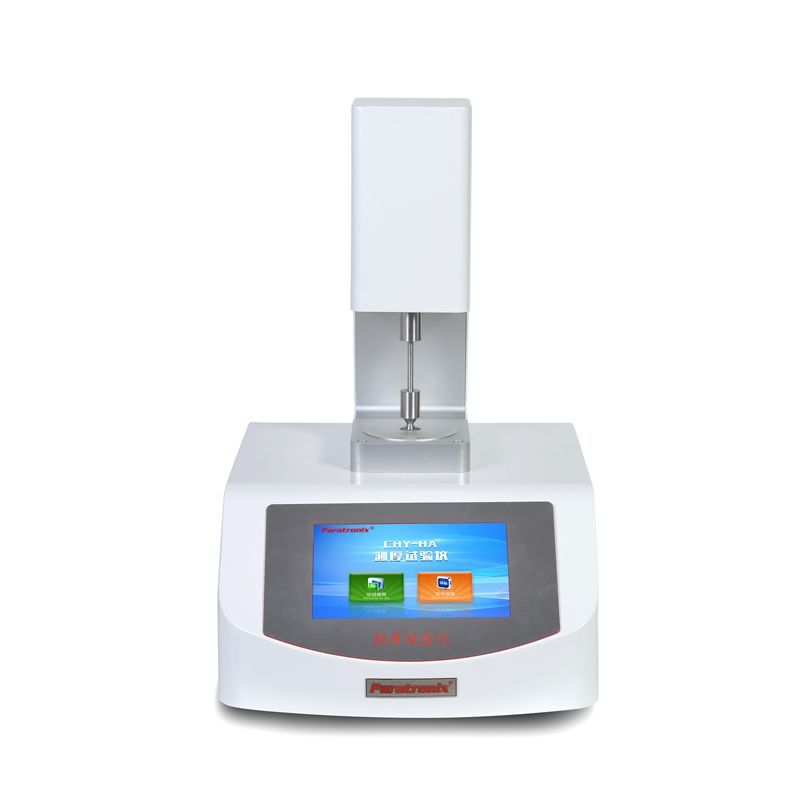
The standard specifies several measurement techniques, including:
1. Manual Micrometer Method
A micrometer with a specified anvil size and pressure is used.
Suitable for rigid or semi-rigid materials.
Measurements should be taken at multiple points for accuracy.
2. Dial Gauge Method
Uses a dial indicator with a calibrated spring mechanism.
Ideal for compressible or flexible materials.
3. Non-Contact Methods (Optical or Laser-Based)
Used for ultra-thin or delicate materials where contact methods may cause deformation.
Provides high precision without physical pressure.
4. Automated Thickness Gauges
Suitable for high-throughput quality control in manufacturing.
Ensures rapid and repeatable measurements.
Factors Affecting Measurement Accuracy
Several variables can influence thickness measurements, including:
Pressure applied – Excessive force can compress soft materials, leading to false readings.
Environmental conditions – Temperature and humidity may cause material expansion or contraction.
Surface irregularities – Rough or uneven surfaces require multiple measurements for an average value.
Applications of ASTM D374
Industries that rely on ASTM D374 include:
Electrical equipment manufacturing (transformers, cables, circuit boards).
Aerospace & automotive (wire insulation, gaskets, and protective layers).
Consumer electronics (flexible printed circuits, battery insulation).
Conclusion
ASTM D374 provides a standardized approach to measuring the thickness of solid electrical insulation, ensuring
consistency, reliability, and compliance with industry requirements. By following the prescribed test methods,
manufacturers can guarantee that their materials meet necessary electrical, mechanical, and thermal performance
standards.
For engineers and quality assurance professionals, adherence to ASTM D374 is crucial in maintaining product integrity
and safety in electrical applications.
Leave A Reply
Search by Keywords

